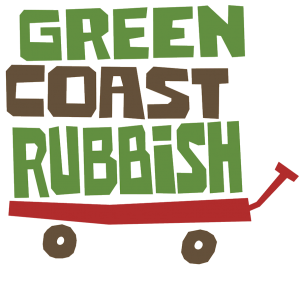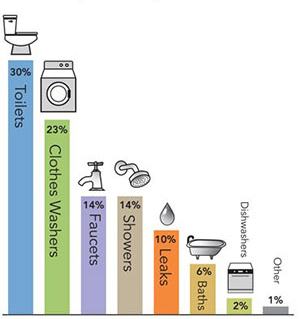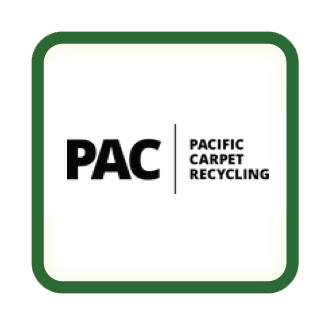It’s been a hot and dry summer in the city resulting in the implementation of Stage 3 of the Water Shortage Response Plan for Metro Vancouver and a reminder to residents to do what they can to conserve water.
According to Metro Vancouver, an average household in our region uses 340 litres of water per day inside the house and that doubles over the summer due to lawn sprinkling, power washing and other outdoor uses.
However, saving water around the home is easy, and making even a few changes can make a big difference. Here are some simple water conservation tips for the home:
Inside
- Keep a pitcher of cold water in the fridge instead of running the tap until it gets cold.
- Don’t leave the water running when washing dishes. Fill one sink with wash water and the other with rinse water.
- Turn off the water when brushing your teeth or shaving.
- Take shorter showers and install a low flow showerhead if you don’t have one.
- Run full loads of laundry in the washing machine and dishwasher to save on water and energy.
- Think low flow and high efficiency when replacing toilets and appliances in your home.
Outside
- Don’t waste water on your lawn. Let it go dormant for the summer and enjoy a green lawn when the rain returns in the fall.
- Check your hoses and taps for leaks, and install a shut off valve on your hose.
- Sweep your driveway or deck with a broom instead of using a hose.
- Water plants and vegetable gardens deeply but less often by hand.
- Put leaves and bark mulch around shrubs and trees to hold in moisture.
- Let your car be a little dirty this year but do wash windows and headlights for safety using a bucket.
- Consider adding a rain barrel to your yard to help save water in the future.
As Canadians we are very fortunate to enjoy such an abundant supply of safe drinking water. According to the World Health Organization, 748 million people around the world do not have access to the mere 20 litres of water per day that they need to fulfill their basic hygiene and basic food hygiene requirements. As climate change continues to cause more extreme temperatures and droughts, global water supply concerns and conservation will surely become increasing important in the coming years.











